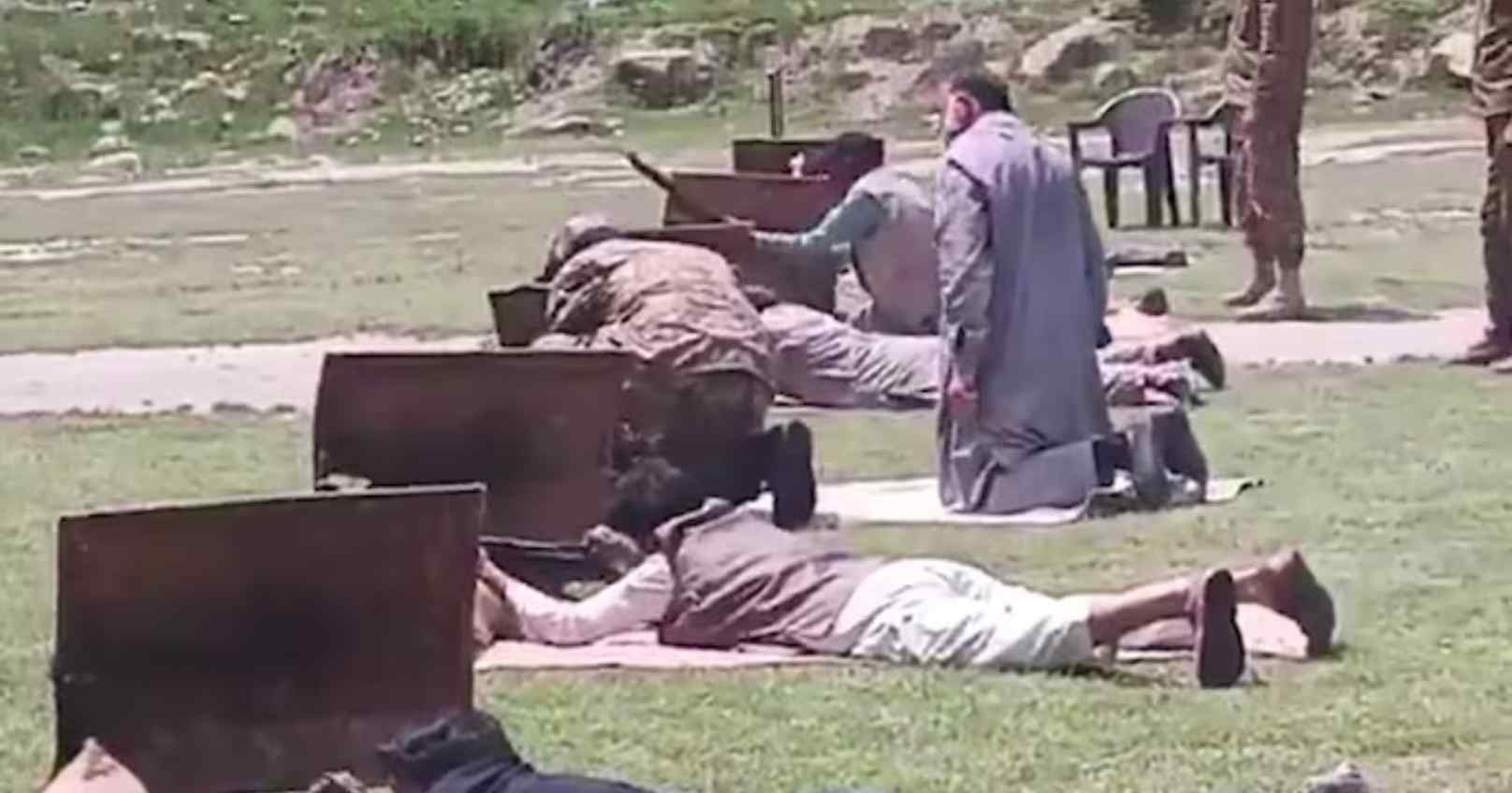In a state of growing unease over possible Indian retaliation following the deadly Pahalgam terror attack, Pakistan's military has begun fortifying positions across Pakistan-occupied Kashmir (PoK), raising secret bunkers and preparing civilian spaces for possible combat use.
According to sources, the Pakistani Army has also started providing weapons training to young men, particularly from Gilgit-Baltistan, in anticipation of potential conflict. Simultaneously, war sirens have been installed throughout Khyber Pakhtunkhwa, adding to the atmosphere of panic in the region.
Civilian properties in PoK are reportedly being cleared out and converted into fortified shelters, underscoring the seriousness with which Pakistani forces are preparing for a potential Indian military response. Strategic locations have seen an uptick in construction of underground bunkers, while Pakistani security agencies remain on high alert.
The urgency comes in the wake of the April 22 terror strike in Pahalgam, Jammu and Kashmir, that claimed 26 lives, including 25 tourists. The attack, attributed to The Resistance Front (TRF)—a shadow outfit linked to the banned Lashkar-e-Taiba—has evoked strong responses from Indian leaders, hinting at impending retribution.
India Today has learnt that the Pakistan Air Force has mobilised its main combat aircraft—F-16s, JF-17s, and J-10s—across three simultaneous military drills. Air defence systems and artillery units have been pushed closer to the border, while advanced radar installations have been spotted near sensitive areas such as Rajasthan’s Longewala sector in Barmer.
On the naval front, Pakistan has scaled up its presence in the Arabian Sea. At the same time, there have been reports of increased ceasefire violations along the Line of Control (LoC) and the International Border, signaling further deterioration in the security situation.
Adding to its public display of military readiness, Islamabad announced the successful testing of the Abdali Weapon System—a surface-to-surface ballistic missile with a 450-kilometre range—under its 'Exercise INDUS' military drills on Saturday.
Pakistan’s apprehension appears rooted in historical precedent. India’s 2016 surgical strikes in PoK after the Uri attack, and the 2019 Balakot airstrikes in response to the Pulwama bombing, have set the tone for aggressive posturing in the face of cross-border terror incidents.
In retaliation to the Pahalgam killings, India has suspended the Indus Waters Treaty, cancelled all Pakistani visas, halted trade, and launched a diplomatic offensive to expose Pakistan’s terror links on the global stage.
Indian leaders, including Prime Minister Narendra Modi, Home Minister Amit Shah, and Defence Minister Rajnath Singh, have made it clear that those behind the attack will be hunted down and punished—sending a strong signal to those responsible and those harbouring them.







